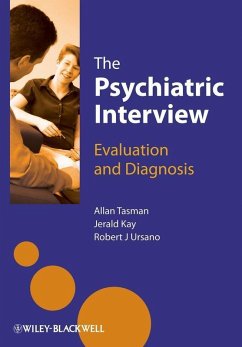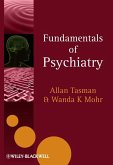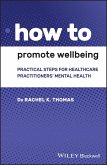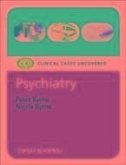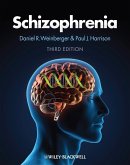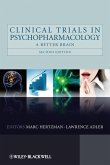The patient interview is at the heart of psychiatric practice. Listening and interviewing skills are the primary tools the psychiatrist uses to obtain the information needed to make an accurate diagnosis and then to plan appropriate treatment. The American Board of Psychiatry and Neurology and the Accrediting Council on Graduate Medical Education identify interviewing skills as a core competency for psychiatric residents. The Psychiatric Interview: Evaluation and Diagnosis is a new and modern approach to this topic that fulfils the need for training in biopsychosocial assessment and diagnosis. It makes use of both classical and new knowledge of psychiatric diagnosis, assessment, treatment planning, and doctor-patient collaboration. Written by world leaders in education, the book is based on the acclaimed Psychiatry, Third Edition, by Tasman and Kay et al., with new chapters to address assessment in special populations and formulation. The psychiatric interview is conceptualized as integrating the patient's experience with psychological, biological, and environmental components of the illness. This is an excellent new text for psychiatry residents at all stages of their training. It is also useful for medical students interested in psychiatry and for practicing psychiatrists who may wish to refresh their interviewing skills.
Dieser Download kann aus rechtlichen Gründen nur mit Rechnungsadresse in A, B, BG, CY, CZ, D, DK, EW, E, FIN, F, GR, HR, H, IRL, I, LT, L, LR, M, NL, PL, P, R, S, SLO, SK ausgeliefert werden.

